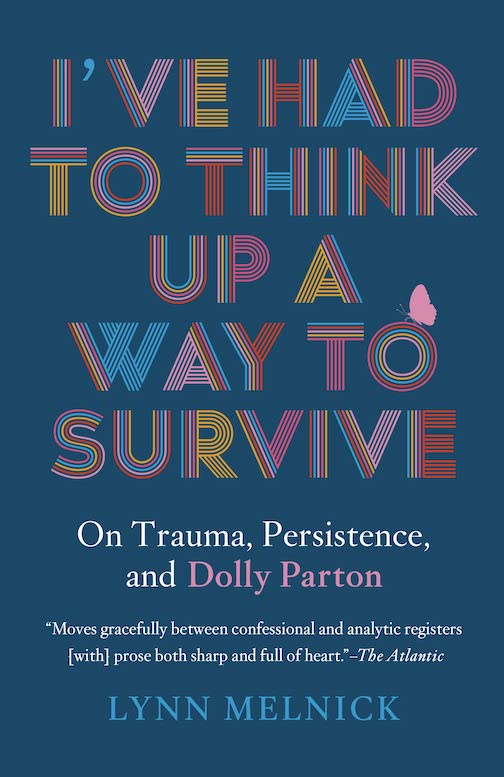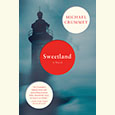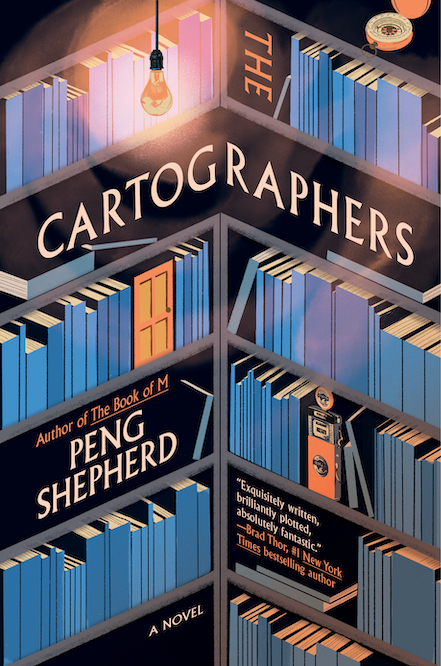Best Served Cold
James Scott’s debut, The Kept, transports to upstate New York the tropes of the Western
“Elspeth Howell was a sinner.” Thus begins James Scott’s harrowing debut novel, The Kept, in which Elspeth is made to pay a hefty price for her sins: after a long foot journey through snow, she returns home to find that her half-Indian husband and four of their five children have been shot to death and left where they fell. Despite being set in upstate New York during the late-nineteenth century, The Kept, is essentially a Western, employing a variety of familiar influences both high and low, from Charles Portis and Cormac McCarthy to Louis L’Amour and Sergio Leone. What distinguishes this carefully crafted novel from its genre influences is a deep and surprisingly tender attention to domestic concerns.
 At the book’s outset, Elspeth’s fifth child, twelve-year-old Caleb, has survived the attack on his family by mere chance: he was in the barn when the murderers arrived. After accidentally shooting his mother, whom he mistakes for one of the killers back to finish the job, Caleb drags the corpses of his siblings into a pile and immolates them, accidentally burning down the family home with his makeshift funeral pyre. With no home left to tend, he resolves to drag his wounded mother to the nearest homestead for help and then to pursue the assassins, whom he can identify only by their air of evil and the red scarves they wore around their necks.
At the book’s outset, Elspeth’s fifth child, twelve-year-old Caleb, has survived the attack on his family by mere chance: he was in the barn when the murderers arrived. After accidentally shooting his mother, whom he mistakes for one of the killers back to finish the job, Caleb drags the corpses of his siblings into a pile and immolates them, accidentally burning down the family home with his makeshift funeral pyre. With no home left to tend, he resolves to drag his wounded mother to the nearest homestead for help and then to pursue the assassins, whom he can identify only by their air of evil and the red scarves they wore around their necks.
When Elspeth recovers, she agrees to aid Caleb’s revenge plan. Thanks to her unwashed, bundled condition, she is able to pass as a man and goes to work hauling blocks of ice from the shores of Lake Erie to the icehouse, which appears to be the town’s sole business aside from the sorts of establishments we are accustomed to seeing in places with names like Deadwood and Tombstone. Caleb finds work at the local brothel, where he gradually learns about his own past and what led the three red-scarved murderers to his family’s doorstep. Dramatic revelations are staggered with startlingly tender reflections and the more predictably grim episodes of violence and disaster.
Hovering over the familiar elements of The Kept are ingenious secrets, all flowing from the novel’s central irony: Elspeth, the midwife, is barren. She is not Caleb’s birth mother, nor was she the mother of any of the children she and her husband had raised as their own. Perhaps the most impressive narrative feat of the novel is Scott’s ability to maintain our sympathy for Elspeth despite investing her with the kind of moral confusion, bordering on pathology, that would cause a mother to sanction a child’s desire for revenge. Scott believably portrays Elspeth as a confused, traumatized, and bereft woman living in a cold and brutal world.
As the novel progresses, however, its moral center shifts from Elspeth to Caleb, whose rite of passage into manhood must necessarily be stained with blood. In the novel’s first half, Caleb is something of a cipher and still very much a boy. When the killers appear at his homestead, he cowers in the barn; afterwards, he resolves to hunt them down, despite knowing nothing about who they were or where they came from, or how he’d be able to identify them even if he found them. His reaction reflects both the bewilderment anyone would experience in his circumstances and the uncertainty and passionate impulsiveness of early adolescence. As the novel progresses, however, Caleb grows in self-consciousness and resolve, becoming prepared for the inevitable revelations that will drive the narrative toward its cold climax.
The skillful implementation of Western archetypes and motifs is the most obvious technical achievement of this ambitious debut, but its subtle and powerful exploration of domestic themes is what makes The Kept unique. Amid the graphic carnage and the suspenseful revenge plot lie deep reflections on the nature of familial love and obligation. In the novel’s first part, Scott juxtaposes Elspeth’s initial predicament with illuminating flashbacks to formative trials and happier days, patiently supporting the narrative with insights that come to bear powerfully on the novel’s dark conclusion.
The persistence of graphic violence in a literary novel naturally draws comparisons to Cormac McCarthy, the face that launched a thousand first novels, all helmed by ambitious young men. But Scott cuts the cord with McCarthy by evoking a more tender and compassionate view of humanity, suggesting that familial love—especially between a mother and her child—can somehow relieve or assuage the strain of the world’s unremitting cruelties. Hence, The Kept somehow manages to be both a satisfying thriller and a literary novel that raises troubling questions which linger long after the covers are closed.
James Scott will discuss The Kept in conversation with Jamie Quatro at Parnassus Books in Nashville on February 3, 2014, at 6:30 p.m.
y 6, 2014, at 6 p.m. Both events are free and open to the public.


